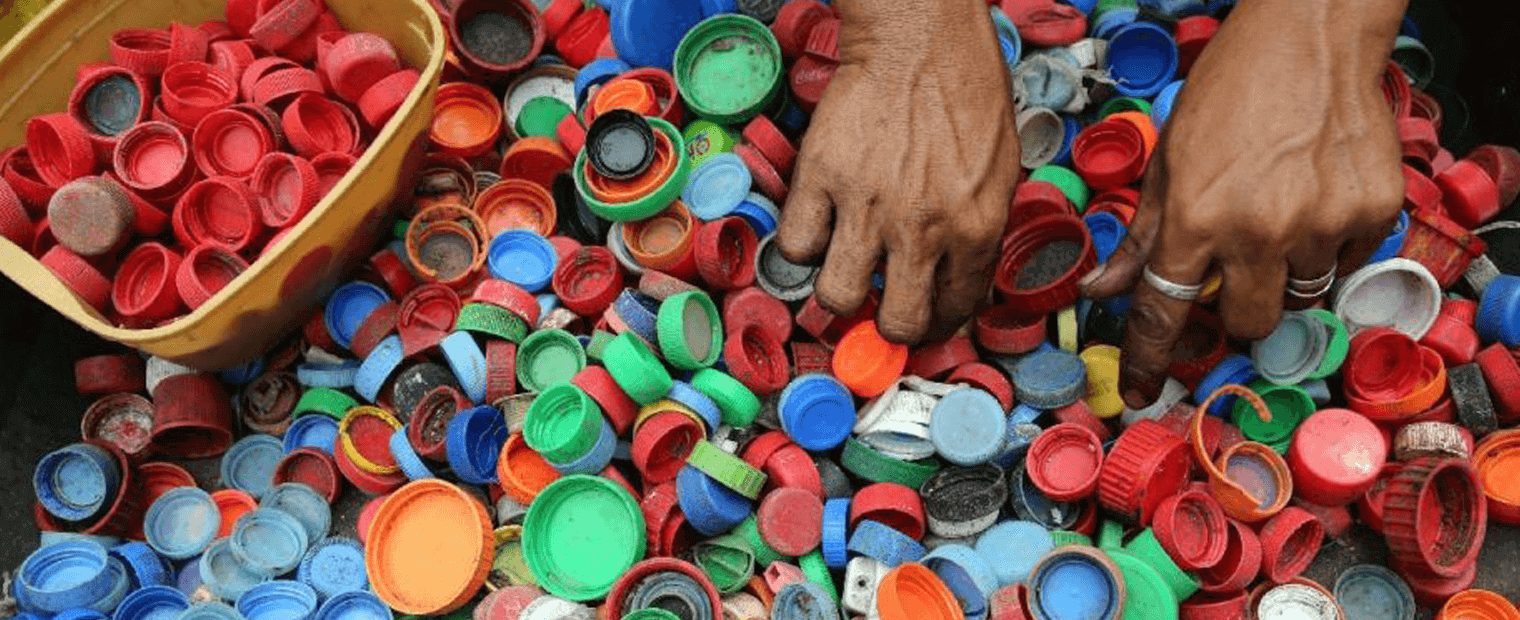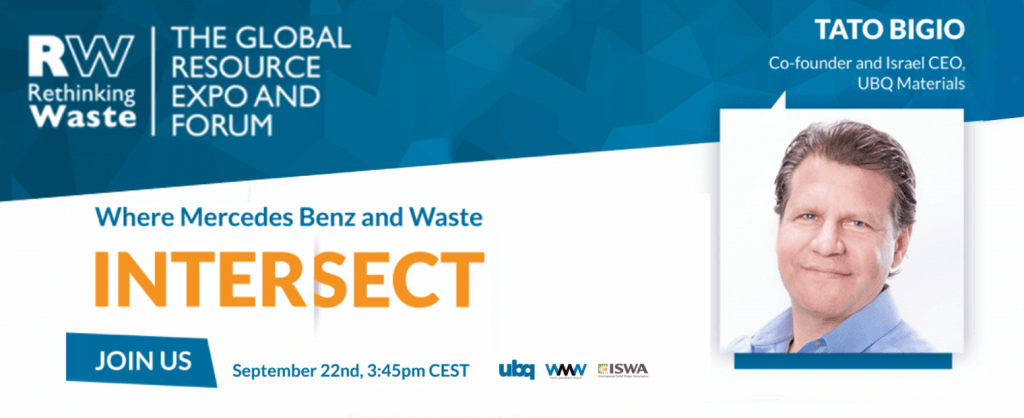They’re durable, versatile, and affordable and make life simpler in so many ways. Plastics are an inescapable part of modern life: smartphones, car parts, and bicycle helmets, the list is endless.
A lot of talk these days focuses on how harmful plastics are, but they also play an important role in protecting natural resources like wood, metal, and natural rubber. They’re often cheaper to produce and use and, surprisingly, often less harmful to the planet than natural options. That’s not to suggest the 8.3 billion tons of plastic produced since the 1950s are good for the environment. Sadly, most of that plastic still exists in one form or another, much of it as waste in landfills.
The Search for a Sustainable Plastic Replacement
Environmental and health concerns are driving forces in the search for a sustainable alternative to plastic. A 2017 study by Science Advances found that of the 6.3 billion tons of plastic generated by 2015, only 9 percent was recyclable, 12 percent was incinerated, and 79 percent was sent to landfills.
That so much plastic ended up in landfills is a huge problem because synthetic plastics are non-biodegradable. Regrettably for people, animals, and the planet, once plastics are manufactured they’re with us to stay for hundreds, if not thousands, of years. That might not be a problem except the damage landfills cause to the environment is substantial.
Recycling helps alleviate the problem but in a smaller way than many people assume. In fact, some reports predict that by 2030, 111 million metric tons of plastic will wind up in landfills and oceans. To truly reverse course, a better solution is to find an alternative to plastic that’s more eco-friendly yet still cost-effective and profitable for those who use it.
Is a “Smarter Plastic” Possible?
Nearly everyone agrees we need plastics—we just don’t need plastic waste. Clearly, a smarter plastic would be one that safely degrades in the environment, is fully recyclable, and/or lasts forever and doesn’t need replacement. Fortunately, more of us are waking up to the plastic pollution issue and looking to do our part in changing the current landscape.
When they hear “plastic substitute,” people tend to think of biodegradable materials (which need very controlled environments in which to degrade), or items like bamboo or metal straws, clothing made from recycled plastics, and glass containers. These items may make people feel good about doing something for the planet, but many do not lead to long-term sustainability and may actually be harmful to the environment in their own right. According to Christoph Lauwigi of Friends of the Earth Germany, an increase in bio-based plastics could raise the pressure on arable land, potentially leading to water shortages, desertification and the loss of habitats and biodiversity.
Another term often marketed to consumers is “bio-based plastics”. In order to be classified as bio-based, the material must be made partially or in whole from renewable biological resources. For example, sugar cane is processed to produce ethylene, which can then be used to manufacture polyethylene. At the surface this sounds like a good solution, and it often can be, but in order to quantify and truly understand a material’s impact on the environment the entire lifecycle of the material must be taken into account. For many bio-based materials.
Developing an “alternative plastic material” is another story altogether. And creating it through conversion technology in support of a circular economy is a masterwork. UBQ Material takes ordinary trash and food waste and turns it into sustainable and recyclable treasure. Unlike conventional plastics made from fossil fuels, UBQ uses everyday household garbage, dries it and chops it up into what its team members like to call “garbage confetti,” and transforms it into a climate-positive raw material, or thermoplastic, that can be used to substitute conventional plastic in the manufacturing of a diverse range of products.
Thermoplastics can be used in building construction, home furniture, automotive parts, and many other consumer and industrial products. The technology is of great importance because it has the potential to help diminish greenhouse gas emission concerns as well as landfill pollution and the depletion of fossil fuels.
UBQ is a new, sustainable thermoplastic material that is climate positive and completely recyclable. It’s designed to help empty landfills and reduce harmful gas emissions while helping large scale manufacturers offset their global footprints. Get in touch with us today to learn more.


